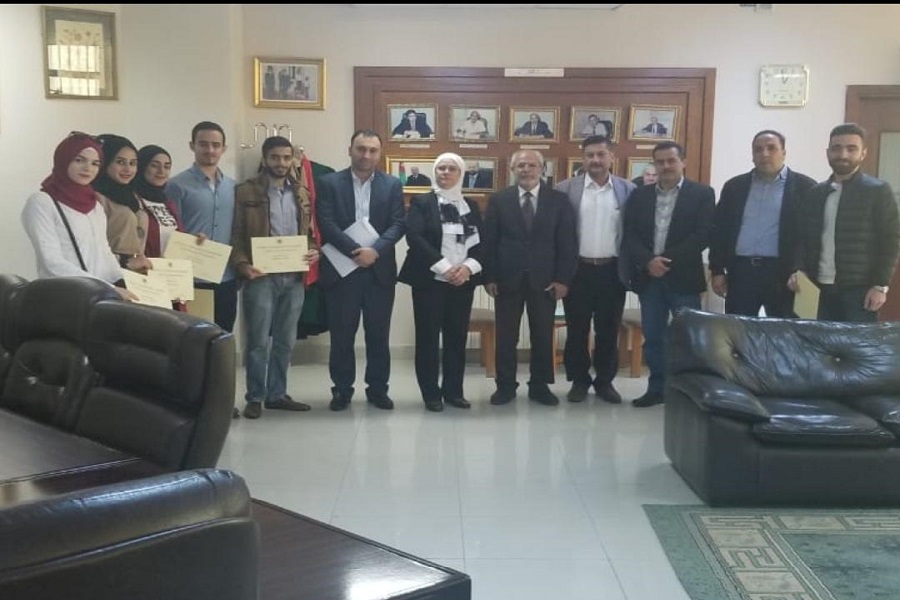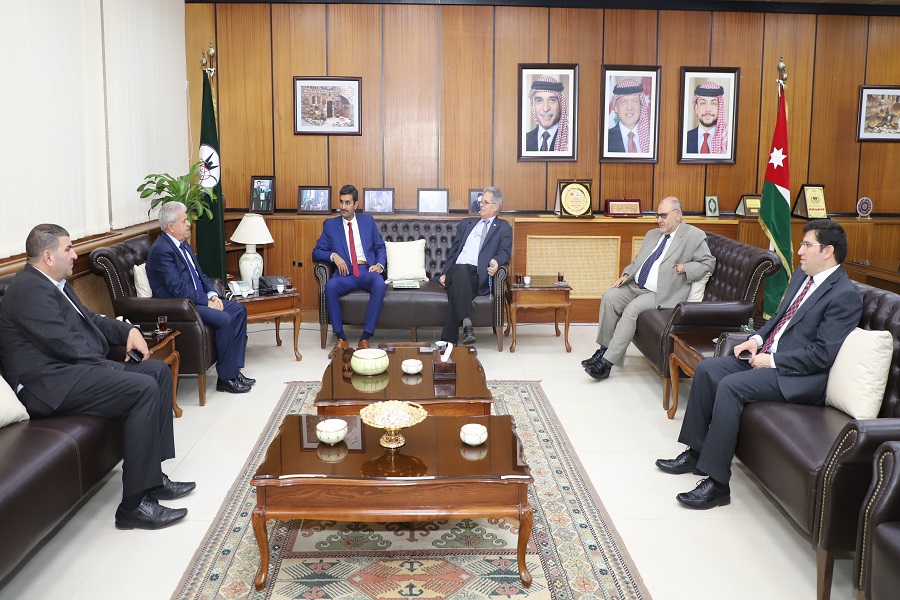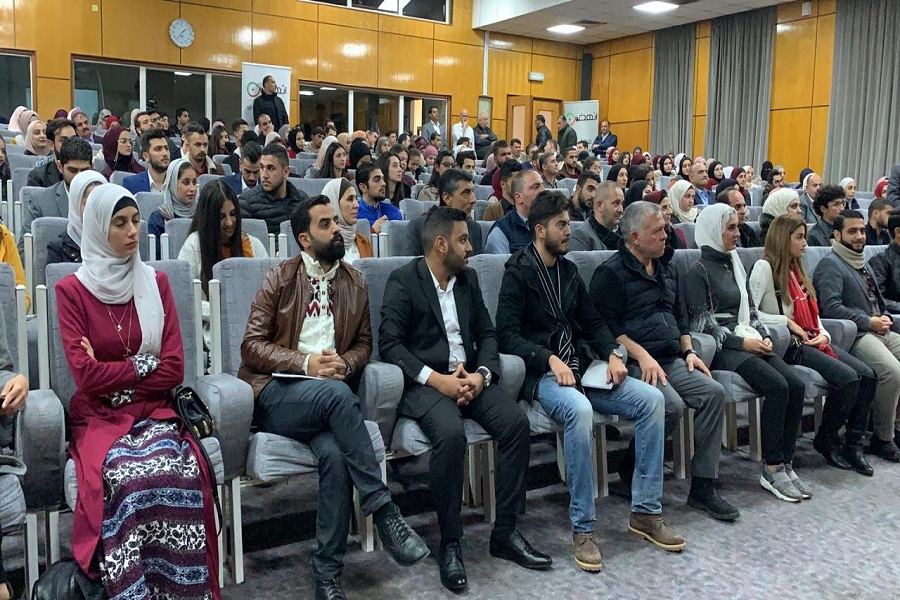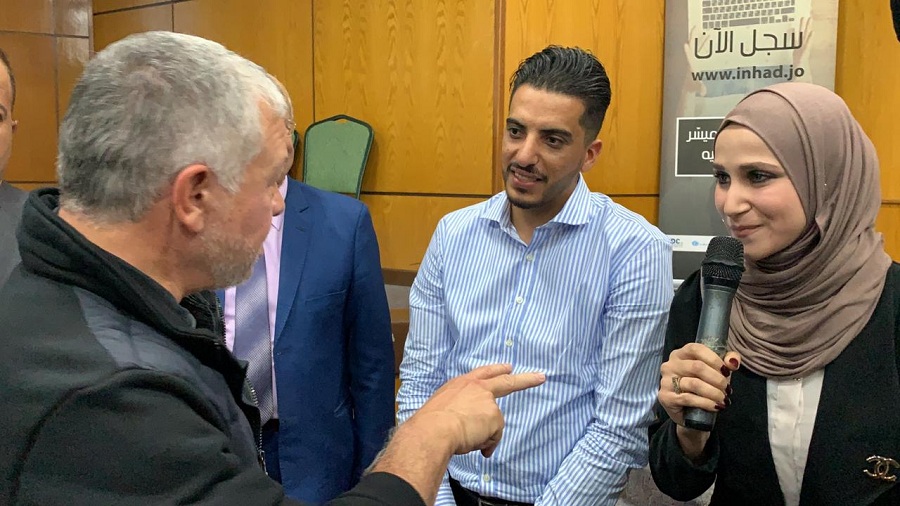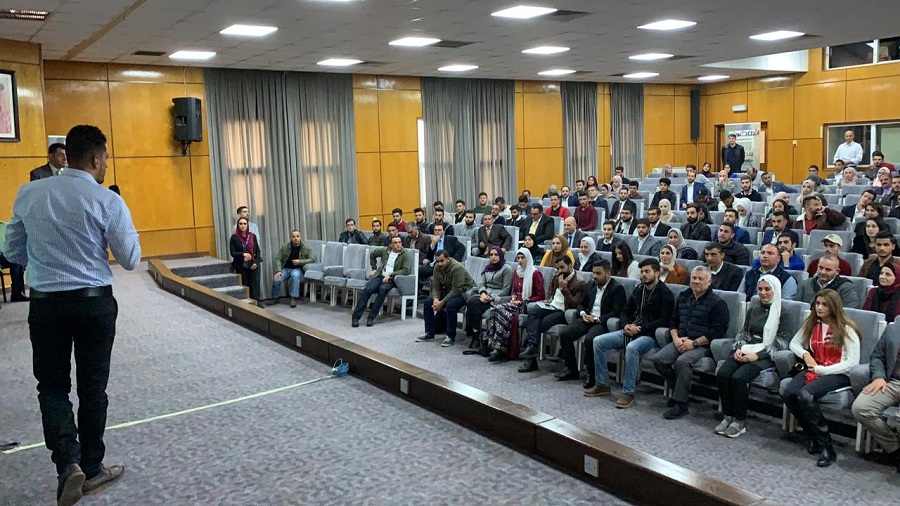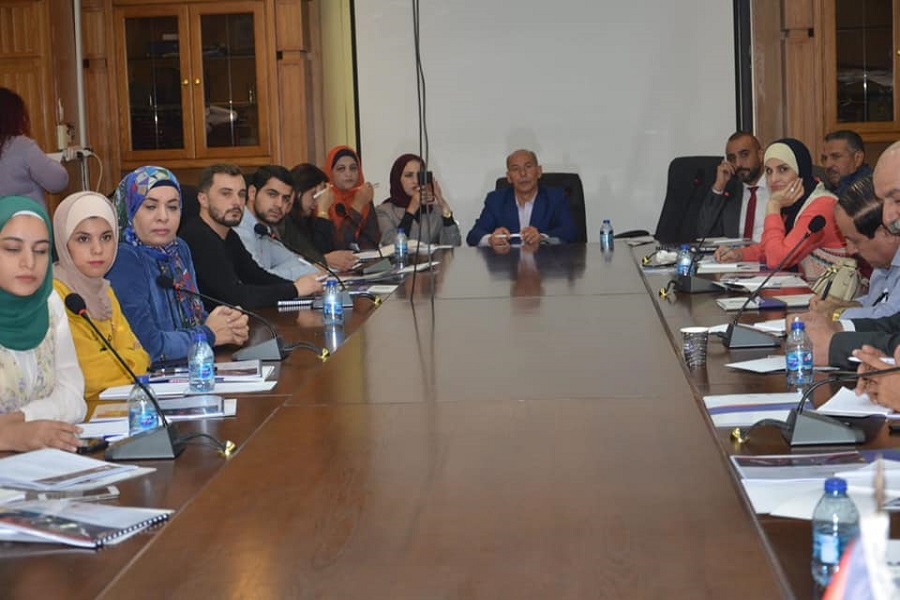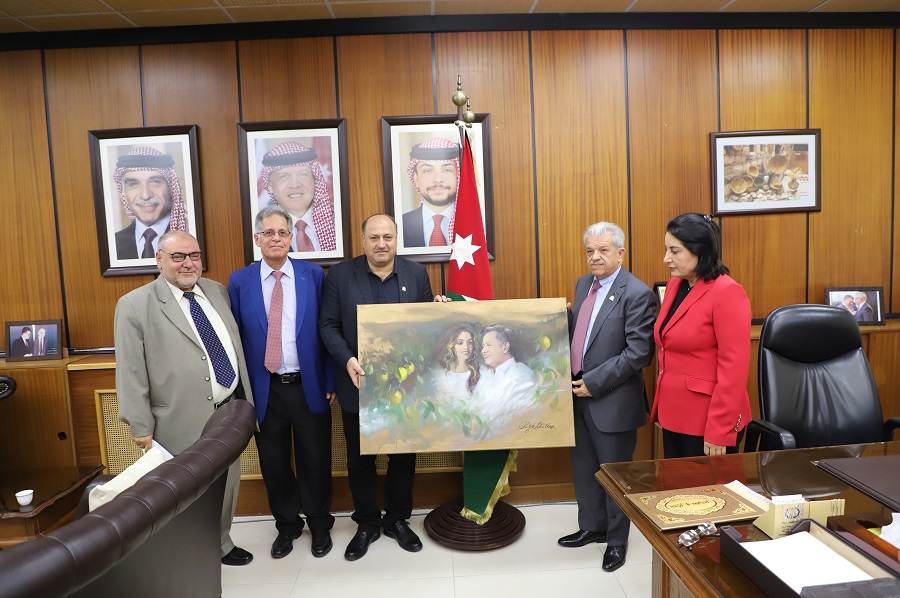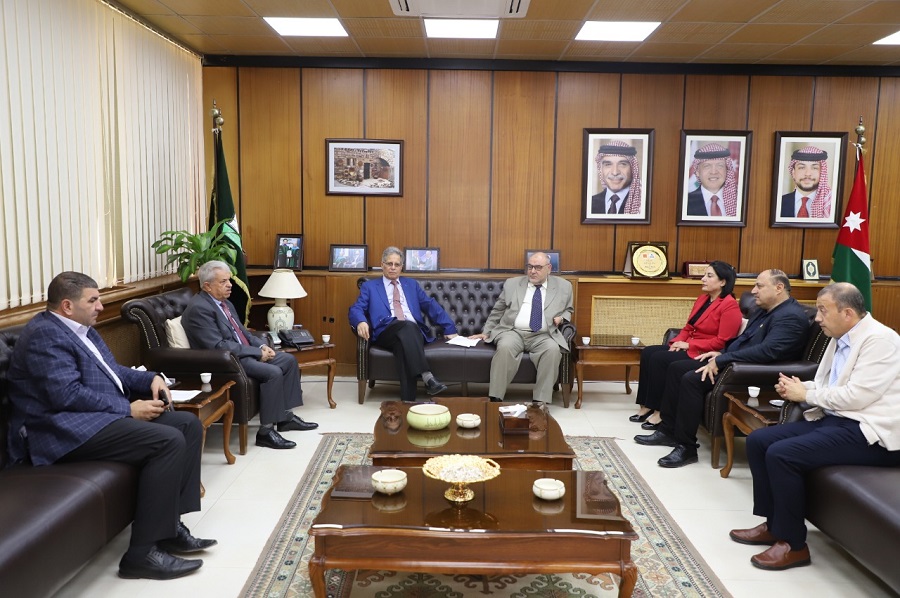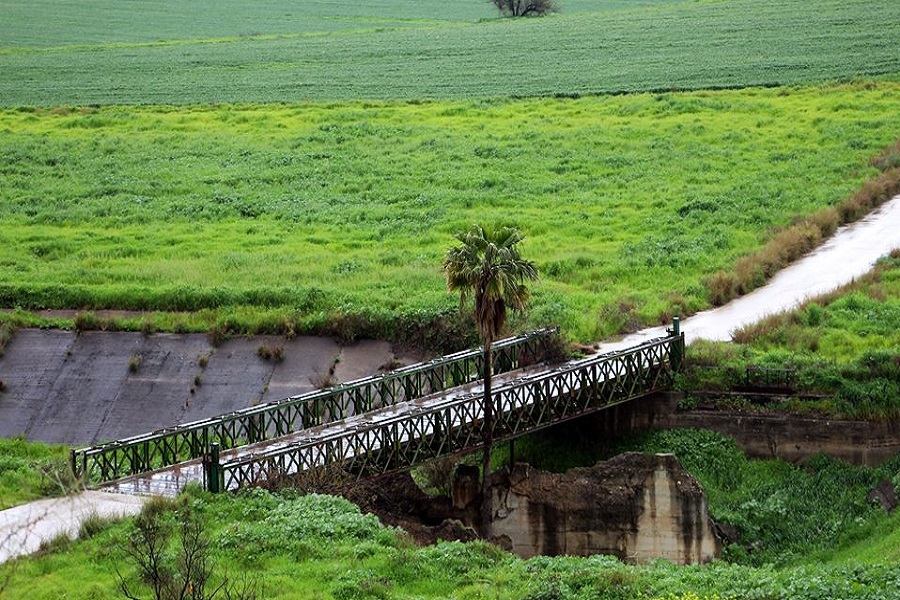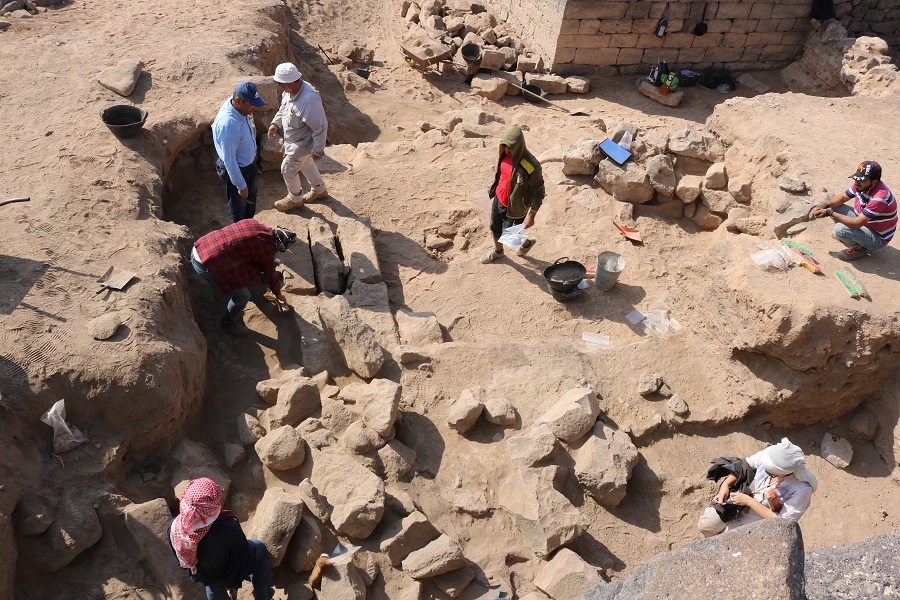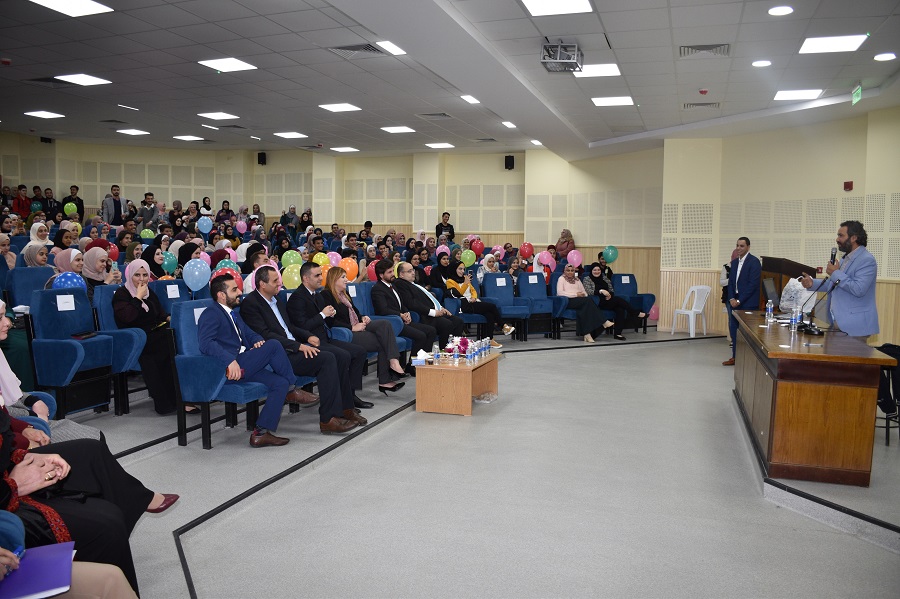
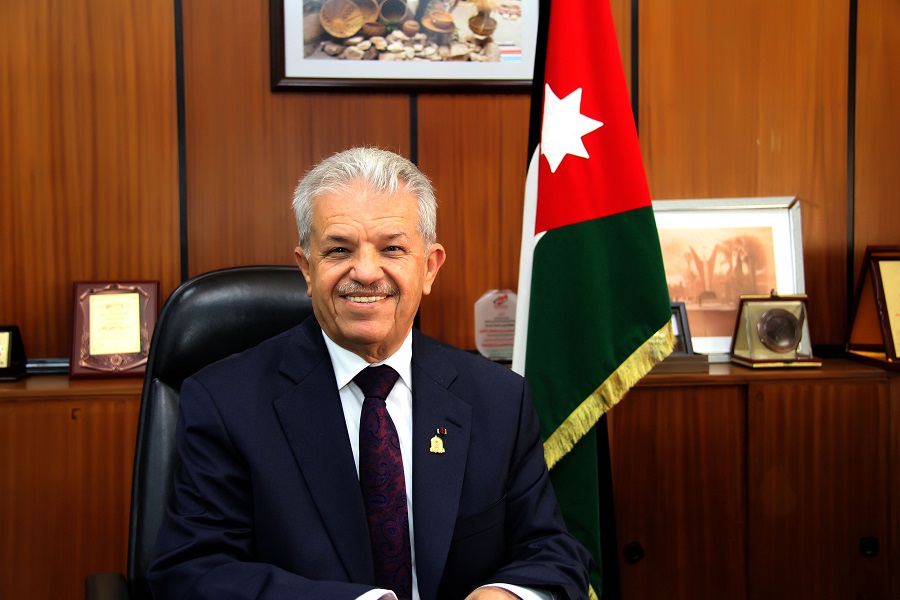
Invited by the Advisory Board of Alexander Von Humboldt Foundation, the President of Yarmouk University, Prof. Zeidan Kafafi, participated in the Thirteenth Forum for the Internationalization of Sciences and Humanities, which was organized by Alexander von Humboldt Foundation in Berlin. Commenting on the Forum, Kafafi explained that the event brought together various international representatives of the academic, research, and policy circles to discuss global developments in science and academia and to evaluate science policy issues and their international implications. He then pointed out that the main theme of the Forum, "The Power of Academic Networks", emphasizes the significance of the experiences of the Board of Directors and speakers for developing academic dialogues in all countries of the world. Thus, the Forum was to answer several questions about what (academic) networks are, what distinguishes such networks from other professional networks, why academics join these networks, what their effects are, how they are created, what their academic and social benefits are, and what funding organizations do to strengthen these networks. Kafafi concluded that the advisory council’s interest in such a matter is due to the nature of what our world has become as a result of increasing globalization.
In his turn, the scientific ambassador of Alexander Von Humboldt Foundation in Germany, Dr. Hani Hayajneh, stated that the Forum is held annually to bring together a selected group of senior experts and administrative officials who represent the national and international partner bodies of Alexander Von Humboldt Foundation. He explained that the Forum provides an opportunity for eminent experts to conduct an open exchange of views in a professional environment. Hayajneh added that the Humboldt Foundation’s network is made of 29,576 scientists of all disciplines and covers more than 140 countries, which makes of the Foundation an embodiment of German's sincere interest in developing the scientific research across the globe.

